We all experience moments of sadness and joy, but manic depressive episodes are much more severe. So, what is manic depression called now? Do you know the history behind it?
The term “manic depression” was used earlier by German psychiatrist Emil Kraepelin to describe symptoms of mental illness. However, now we use Bipolar disorder as it is more of a clinical term and less emotionally consigned.
But what is manic depression exactly? Let’s break it down and learn more about this mood disorder’s types, symptoms, and the ways to treat it.
What Is Manic Depression?
This mental health condition is characterized by erratic highs (mania) and lows (depression).
Additionally, a broad range of mental diseases has all been commonly referred to by the term. However, the term “manic depression” was changed to “bipolar disorder” in 1980 since the latter word allowed for a more accurate diagnosis.
The term “bipolar disorder” is a medical term. Whereas manic depression signs were mostly emotional, excluding physical and/or cognitive problems. Additionally, this does not include hypomanic or cyclothymic types of bipolar disorders.
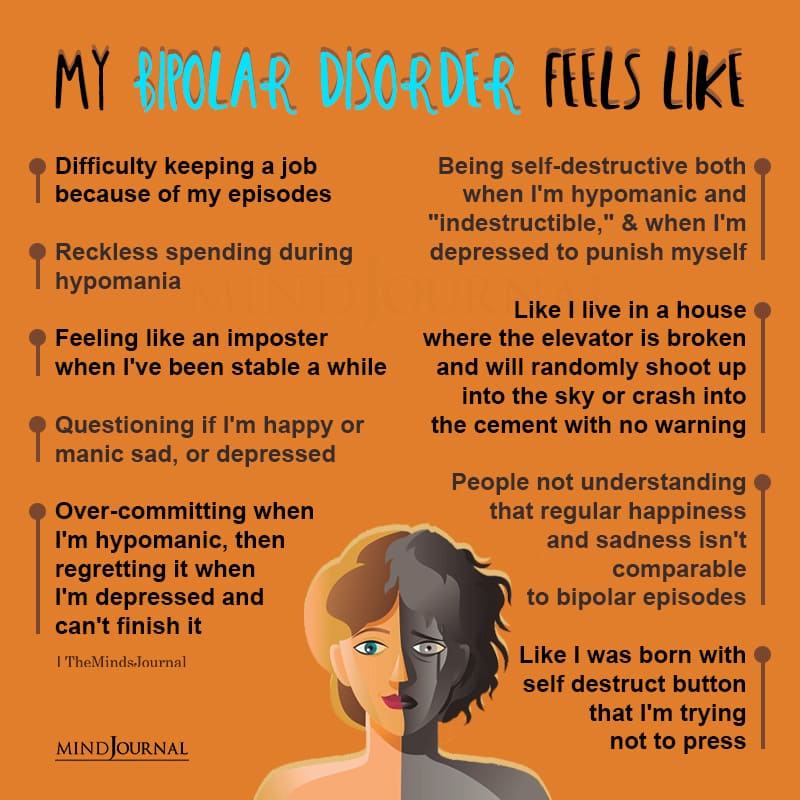
Mania typically has detrimental effects on thinking, judgment, and social conduct that result in uncomfortable situations. For instance, a person going through a manic period may make poor economic or financial decisions.
Related: What Are The Different Types Of Depression: A Complete Guide
Types of Manic Depression or Bipolar Disorder
1. Bipolar I Disorder
Manic or mixed episodes that persist for at least a week are a hallmark of the signs of manic depression. When a person has both manic and depressed symptoms at the same time, this is referred to as having a “mixed episode.”
2. Bipolar II Disorder
This type is marked more by depressive symptoms than by manic ones. This category includes cases of serious depression lasting at least two weeks. The individual dealing with this condition can also display at least one hypomanic episode.
Related: Bipolar Disorder: 10 Facts You Should Know About It
Symptoms of Manic Depression and Bipolar disorder
Wondering what is manic depression like? In contrast to bipolar II illness, which is characterized by hypomania and depression, bipolar I condition produces intense mania and may also have some depressive symptoms. Let’s look more closely at these manic depression symptoms.
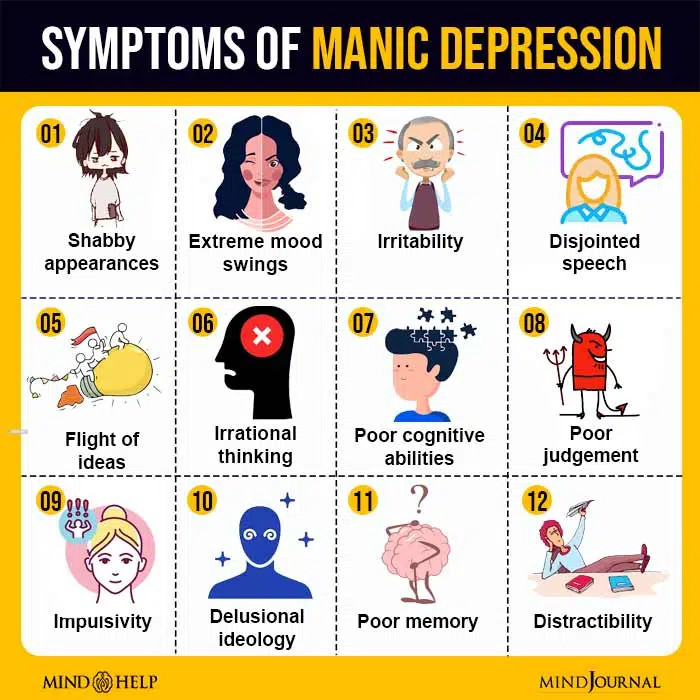
Depressive
- Guilt and despair
- Lack of energy levels
- Self-doubt and pessimism
- Loss of interest in activities
- Emptiness or worthlessness
- Feeling sad, hopeless, or irritable
- Low concentration and remembering things
- Experiencing hallucinations or being delusional
- Thinking illogically or in a disturbing manner
- Lack of appetite
- Difficulty sleeping or waking up
- Suicidal thoughts
Mania
- Extreme feelings of happiness or joy
- Talking in a rapid or quick manner
- High levels of energy
- Grandiosity or self-importance
- Being easily distracted
- Experiencing irritation or agitation
- Hallucinations and disturbed thinking
- Lack of sleep or not feeling hunger
- Making the wrong or harmful decisions
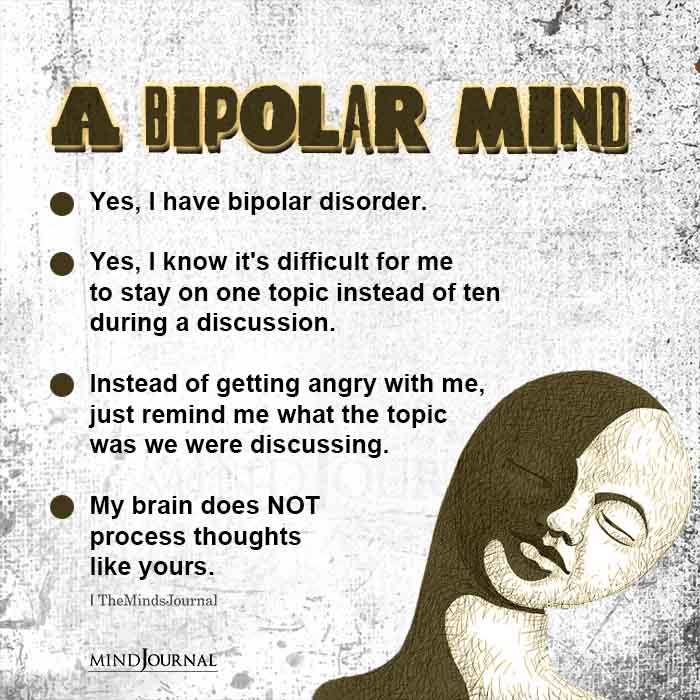
Related: Are Mood Disorders the Price We Pay for High Intelligence And Creativity
What causes manic depression or bipolar disorder?
Scientists don’t know exactly what is manic depression’s main cause but they do believe there’s a strong genetic (inherited) component behind it. However, you may ask yourself “do I have manic depression?” Well, you won’t necessarily develop bipolar disorder just because a biological relative does.
Other main factors that may contribute to this mental illness:
- Brain changes
Researchers have discovered minor differences in the typical size or activity of some brain structures in bipolar disorder patients.
- Stress or trauma
A manic or depressive episode can be brought on by a stressful event, such as the loss of a loved one, a chronic illness, chronic illness, or relationship problems. As a result, trauma and stress may potentially cause the development of this illness.
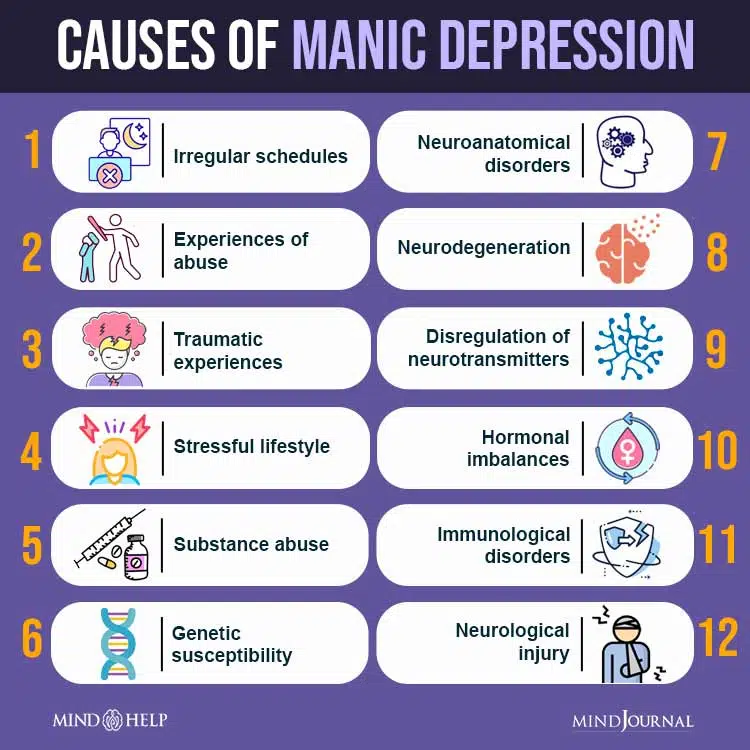
Treatment for Manic Depression or Bipolar Disorder
Wondering how to deal with manic depression? Well, with proper manic depression treatment anyone can live a better life, even those with what is manic depression’s most severe form. The following therapies and strategies can be effective when it comes to dealing with the symptoms even though this condition is lifelong.
- Helpful lifestyle habits, such as exercise, yoga, and meditation.
- Self-management strategies, like identifying the early symptoms of an episode or possible triggers.
- Prescribed medications.
- Psychotherapy (talk therapy).
- Other therapies, such as electroconvulsive therapy (ECT)
Related: How To Overcome Depression: 11 Coping Skills
We hope you know all about what is manic depression. And if you’re wondering how to help someone with manic depression, then share this article with them.
Frequently Asked Questions (FAQs)
Is manic depression the same as bipolar disorder?
The term “manic depression” was used earlier to describe symptoms of mental illness. However, now we use Bipolar disorder as clinical term.
What is the difference between manic depression and depression?
Manic depression is referred to in medicine as bipolar disorder. Extreme shifts in thought, mood, and behavior are referred to as mania, hypomania, and depression, while they are both the same thing.
What does manic depression feel like?
Extreme mood swings, including emotional highs and lows, are produced by this mental health condition. You could even experience sadness or hopelessness while you’re depressed.
What is high functioning manic depression?
It is also known as High Functioning Bipolar Disorder now. It is a mood disorder when a person experiences manic highs and depressive lows successively.
What is schizophrenia-manic depression?
Schizophrenia and manic depression are both lifelong mental health conditions. When a person experiences both symptoms, it is referred as Schizoaffective Disorder or hyper-manic depression.
What is hyper-manic depression?
Increased energy, excitement, and irritability are symptoms of hypomania, which is frequently a symptom of bipolar disorder or manic depression.
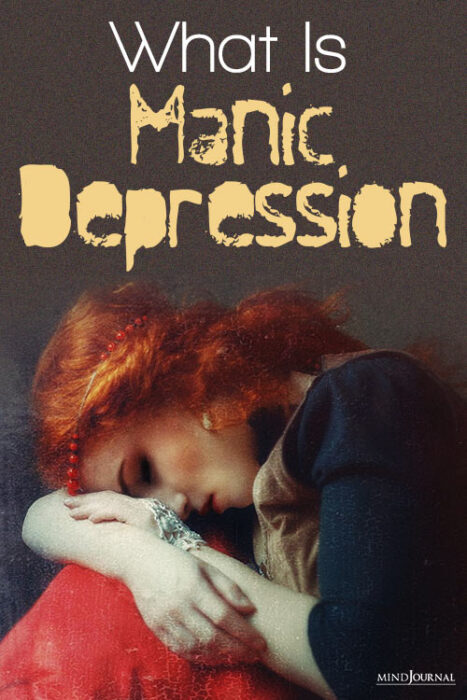
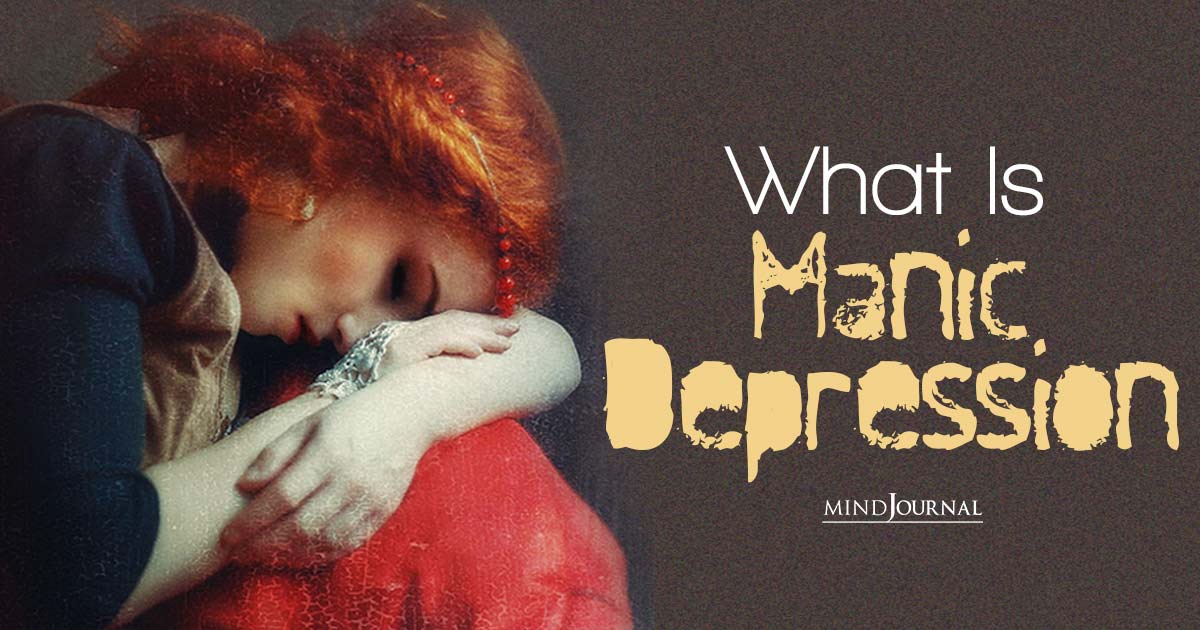






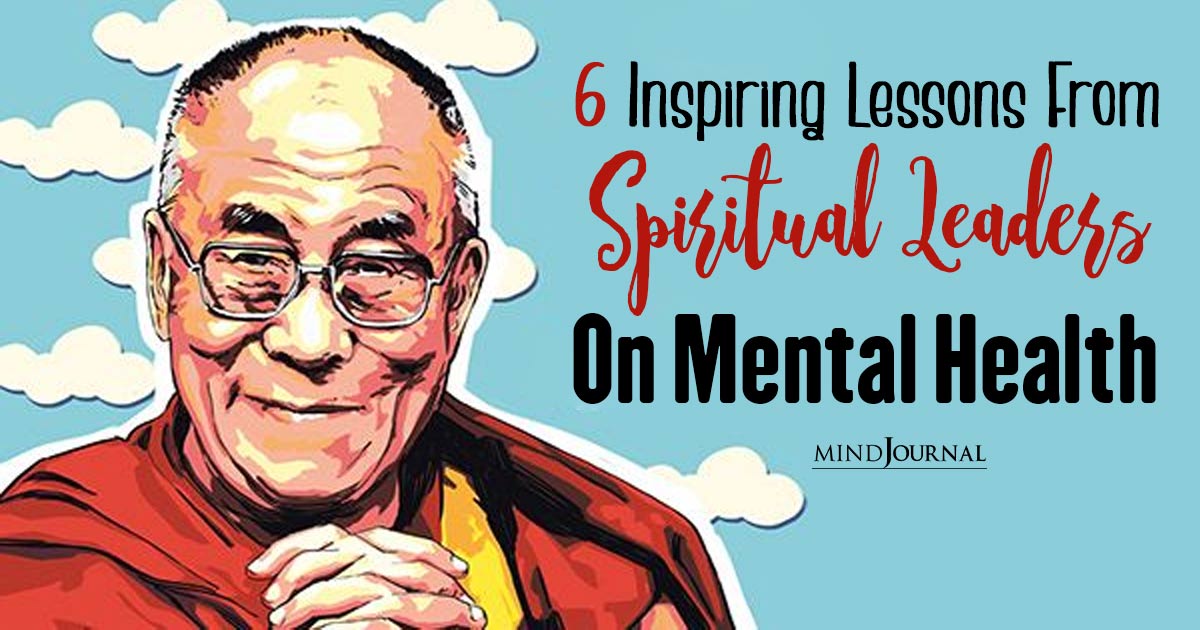
Leave a Reply
You must be logged in to post a comment.